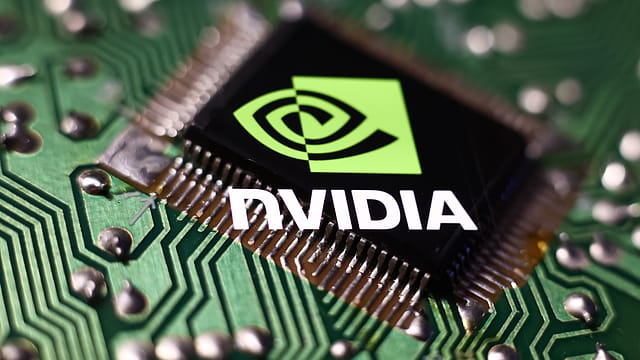Nvidia’s H20 chip sales to China tied to U.S.-China rare earth deal, amid rising tech tensions: Report
ADVERTISEMENT

Semiconductor giant Nvidia's planned resumption of the highly-contentious H20 AI chip sales to China is all about the trade negotiations that are presently ongoing between U.S. and China, especially related to the resumption of the imports of rare earth elements from China to Washington, U.S., Commerce Secretary Howard Lutnick confirmed to Reuters.
"We put that in the trade deal with the magnets," Lutnick told Reuters, referencing the issue over the rare earth elements which are crucial for manufacturing in sectors ranging from electronics to defence. He declined to elaborate further.
This follows Nvidia CEO Jensen Huang's discussion with President Donald Trump, especially considering the growing geopolitical and economic tensions regarding technology exports. In fact, Nvidia announced on Monday that they have started the process of applying for U.S. government licenses to sell H20 chips to China, and in return has received assurances that approvals are on the way, an announcement that sent the stock price of the company up north on Monday.
This marks a reversal of the changes made in April as part of the United States strategy to limit China's AI capabilities. Earlier this year, China launched its own generative AI model DeepSeek, which has been competing with American models like ChatGPT and even outperforming.
It is also worth noting that H20 chips are manufactured by Nvidia and are known for being in high demand because of their integration with the proprietary AI software stack of the Nvidia chip company, which is integrated and used throughout the global AI ecosystem.
Sources told Reuters that Chinese firms, including tech giants ByteDance and Tencent, are already preparing to submit applications for the H20 chips. A registration list system created by Nvidia will reportedly manage which Chinese companies are eligible. ByteDance, however, denied that it is currently applying, while Tencent declined to comment. Nvidia also refrained from commenting on the process, Reuters said.
Huang, who is currently in Beijing and is scheduled to speak at a supply chain event on Wednesday, told Chinese broadcaster CCTV that China’s AI landscape is "massive, dynamic, and highly innovative," and home to a significant share of the world’s AI researchers.
According to Nvidia’s latest annual report, China contributed $17 billion in revenue in the fiscal year ending January 26—about 13% of the company’s total sales. The potential return to the Chinese market is seen as vital to Nvidia's global dominance, especially as domestic players like Huawei aggressively court local developers.
Beijing had halted rare earth exports in March amid trade tensions, but signs of thaw are emerging following the latest deal involving chip sales and mineral shipments. Rare earths are a group of 17 metals crucial for a wide range of technologies, including smartphones, electric vehicles, and military systems.
Amid growing scrutiny, Huang’s visit is being closely followed in both countries.
Rival chipmaker AMD also announced that it is awaiting Commerce Department clearance to resume shipments of its MI308 AI chips to China. Its shares rose 7% on Tuesday, while Nvidia stock closed 4% higher, remaining steady in after-hours trading.